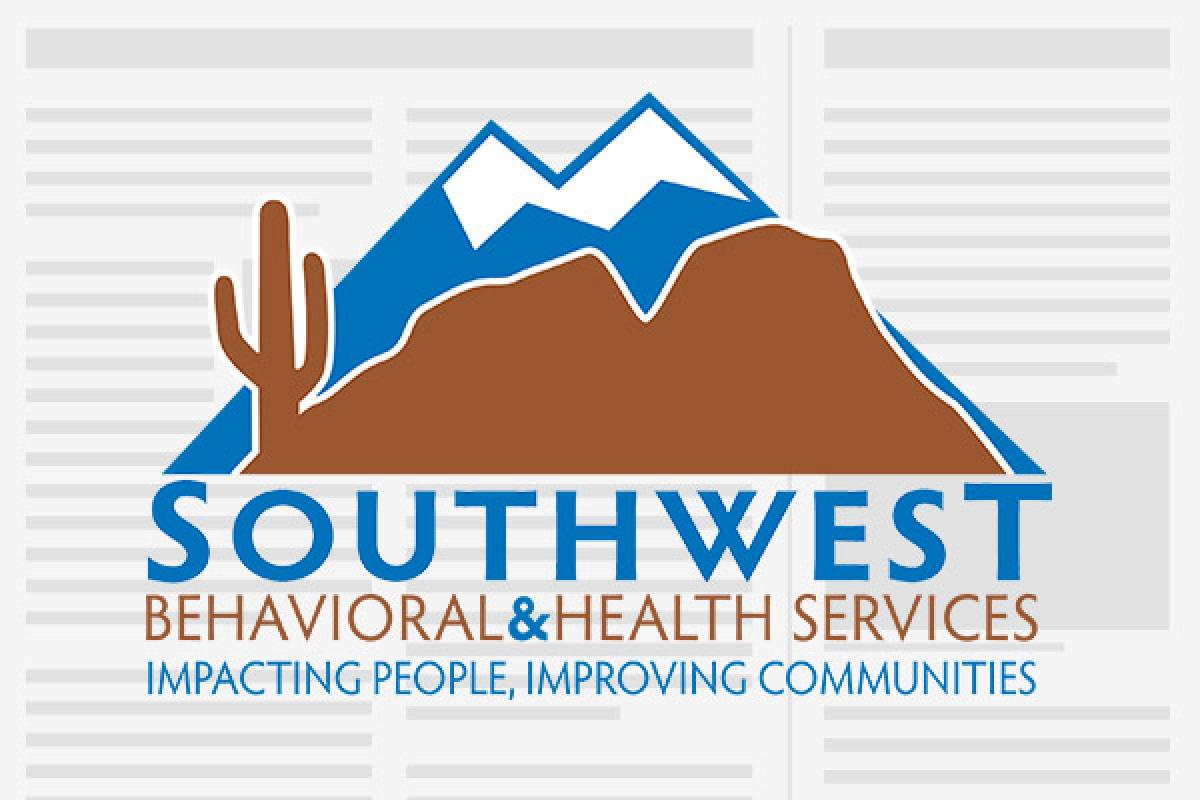
Many people make assumptions about kids who get drawn in to a problem with drug or alcohol use. Some common beliefs are that kids who run with a “bad crowd” are the ones most likely to use, or that the warning sign for parents is rebellious behavior. Although it is true that peers have a significant influence over our kids’ choices, and that rebellion is a cause for concern, these ideas do not paint a complete picture of youth substance abuse risks.
There are a number of ways in which that type of thinking is problematic. First, there are no “bad” kids, only those who may be communicating a need for help, guidance and support. Also, if a parent only relies on their child’s level of compliance to indicate whether or not they may be engaging in drinking or drug use, that parent may miss other telling indicators.
Reasons why kids turn to drugs and alcohol are as diverse as kids themselves. When parents have a greater awareness of the variety of contributing factors, they will be more effective in protecting their kids and preparing them to successfully handle risky situations. Let’s look at some common reasons kids use substances.
- Curiosity – Due to the nature of the adolescent stage of brain development, teens tend to be impulsive, acting without considering potential negative consequences. Their brains are often wired to seek novel challenges, which may or may not be safe.
- Body image – Kids are exposed to many unrealistic expectations regarding masculine and feminine beauty standards and sometimes they believe that taking certain kinds of drugs will help them to slim down or bulk up.
- Academic performance – With all the pressures stemming from the emphasis on test scores and the competition to win scholarships to be able to attain higher education, sometimes kids get the idea that certain types of drugs will help them to perform better academically or to study more effectively.
- Athletic performance – Our kids have been exposed to many incidences in the media of high profile athletes who were discovered to have been “doping.” These influences can encourage a belief that such drug use is acceptable and/or necessary if one is to do well on the court or on the field.
- Coping mechanism – mental health concerns, like depression and anxiety, are common enough among adolescents. If they lack necessary supports and interventions, they may run the risk of attempting to manage their problems by escaping through drug or alcohol use.
Being aware of the myriad causes of youth substance abuse can help parents be more effective in their prevention and/or intervention efforts. If you are a parent who is interested in exploring strategies to improve communication, ways to build essential character traits, and methods of effective discipline that can short-circuit power struggles, contact us at DrugFreeAZKids.org to register for one of our free Active Parenting workshops.













